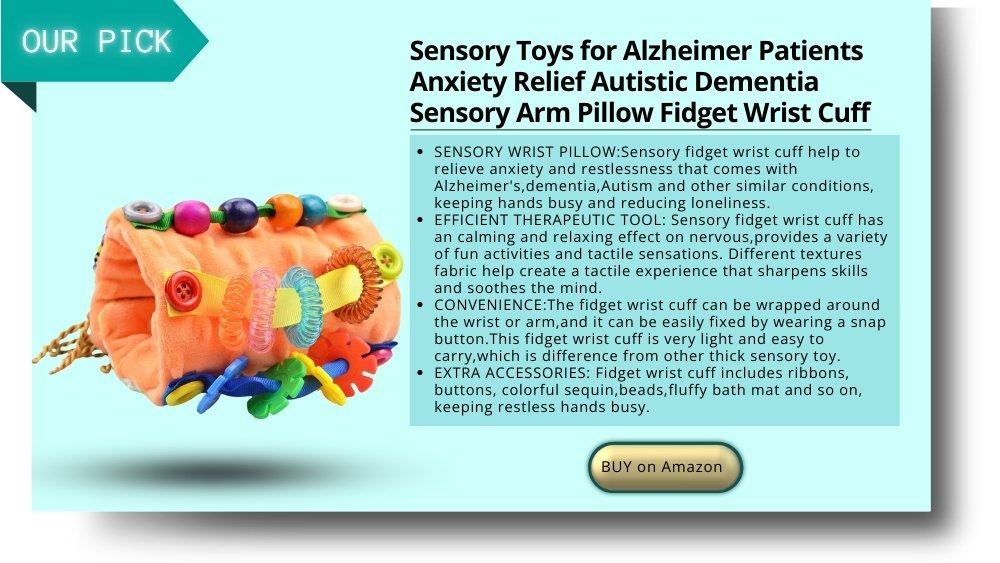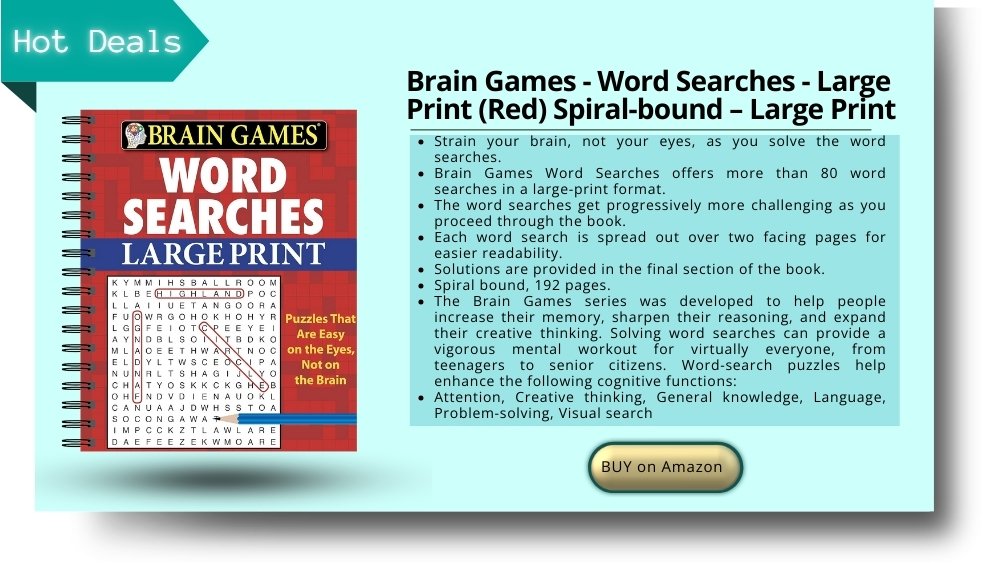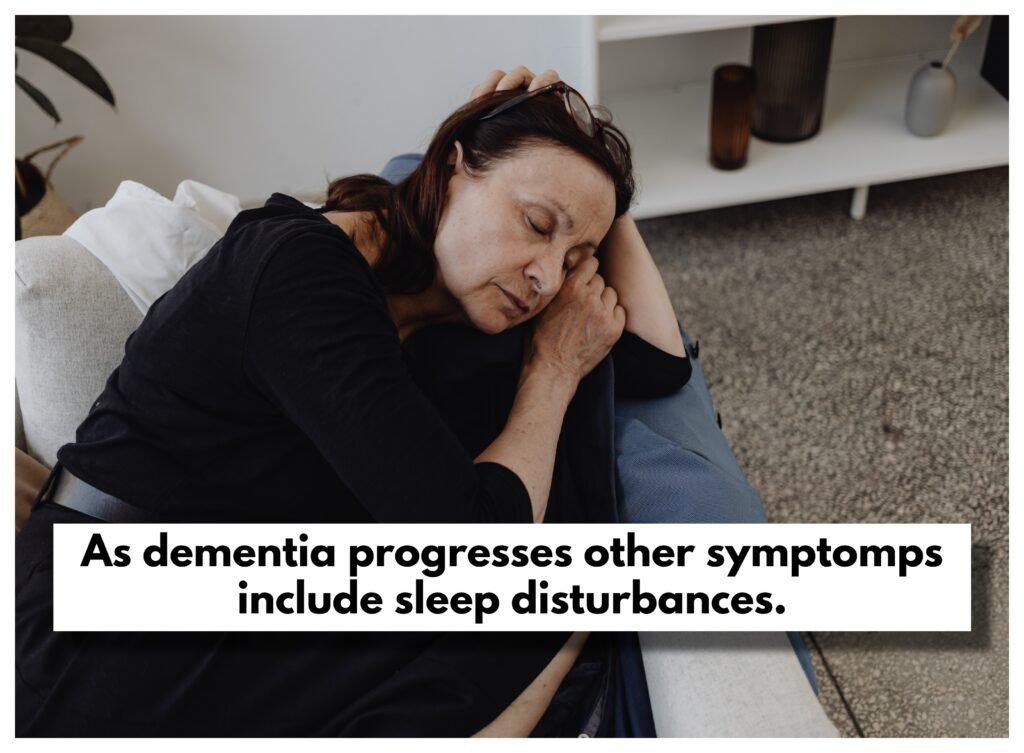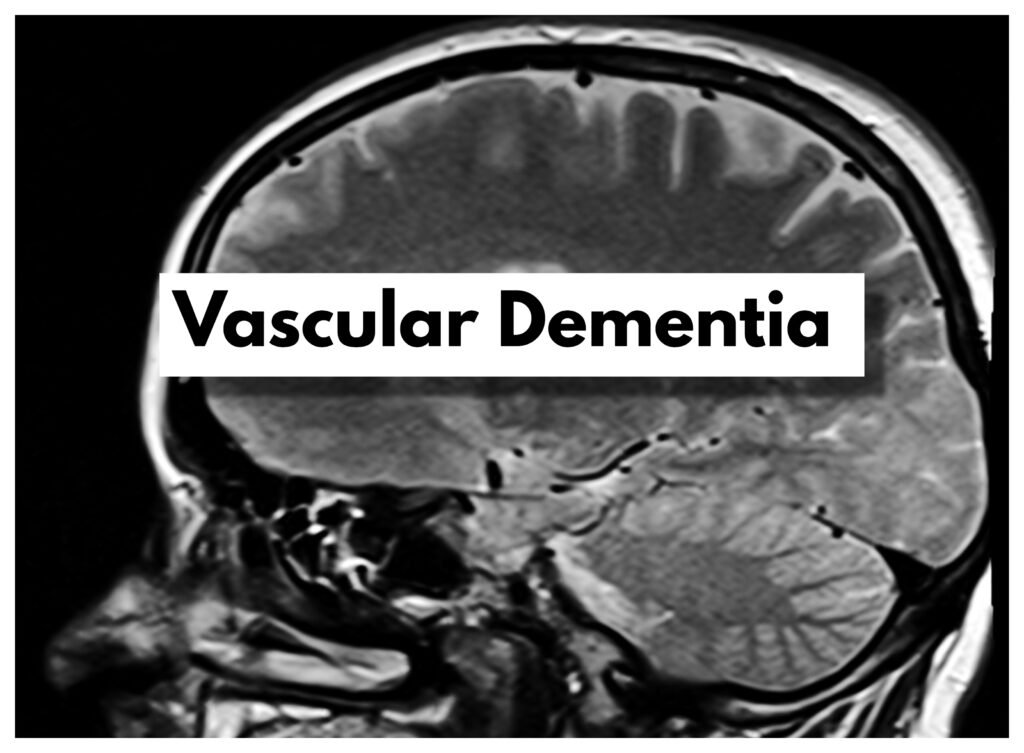Dementia is a progressive condition caused by the deterioration of the brain and its functions. It is a disabling and life-limiting condition that can lead to many physical and mental complications, as well as emotional distress for those affected.
Understanding the different stages of dementia can help caregivers, families, and individuals understand the condition better and plan for the future.
What are the different stages of dementia?
Dementia is a challenging journey for both the person diagnosed and their loved ones. While it’s important to know the stages of dementia, it’s equally important to understand the emotional and practical challenges faced at each step.
This guide not only helps you recognize the symptoms but also gives you meaningful advice on how to care for and support someone with dementia through these stages.
Prefer to listen rather than read?
Understanding the progression of dementia can aid in early detection and intervention. The stages are generally categorized as follows:
Early Days – Navigating the Unknown
At the start of dementia, many individuals don’t show noticeable signs. While there’s no clear diagnosis yet, loved ones might sense small shifts, such as forgetfulness or confusion in unfamiliar situations. This stage can be confusing, and it’s important for family members to stay connected and patient. It’s crucial to seek professional advice, as early intervention can make a big difference.
Tip: If you notice subtle changes, consider tracking them in a journal. This can be helpful when seeking a professional diagnosis.
Mild Cognitive Impairment (MCI): Early Signs to Watch For
Mild Cognitive Impairment (MCI) is one of the first signs of dementia, characterized by subtle but noticeable cognitive decline. This stage can involve memory lapses, difficulty focusing, or challenges with multitasking and abstract thinking. These signs are often attributed to “getting older,” but it’s helpful to recognize them as part of a broader pattern.
For the person experiencing these changes, it can feel frustrating and disorienting. Unlike typical age-related forgetfulness, MCI can affect an individual’s ability to manage daily tasks, such as following conversations or making decisions.

What Can You Do? If you or a loved one are experiencing MCI, early detection is key. While MCI doesn’t always progress to more serious dementia, it can signal the need for lifestyle changes. Encourage a healthy routine with mentally stimulating activities like puzzles, reading, or learning new skills. Social engagement and physical exercise can also help keep the brain and body active.
Practical Advice: Create a routine that helps reduce confusion. A familiar environment with labeled items can provide comfort.

Mild Dementia: Maintaining Independence with Support
As dementia progresses to the mild stage, the individual may still be able to live independently, but tasks that once seemed easy, like managing finances or following a recipe, may become more challenging. The person may also experience feelings of confusion or disorientation at times, which can be distressing.
What’s Happening?
During mild dementia, the person may still have the ability to recall familiar faces or remember some details, but they may struggle with more complex tasks. They might also feel more easily overwhelmed or forgetful about day-to-day activities. It’s a time of adjustment—not only for the person with dementia but also for the caregivers.
How Can You Help?
Support at this stage is key. Encourage your loved one to continue engaging in activities that stimulate their mind and keep them active, such as listening to music, participating in hobbies, or attending social events. At the same time, creating a safe, organized home environment can reduce confusion.
You can ask yourself questions such as: How do you help your loved one feel empowered while managing their symptoms? What small adjustments could make their day easier?

Moderate Dementia: Increased Support for Everyday Tasks
As dementia progresses, the changes become more noticeable. During the moderate stage, individuals may have difficulty planning, solving problems, and navigating social situations. They may feel increasingly disoriented and confused, which can lead to heightened anxiety or agitation.
How Does This Affect the Person?
A person with moderate dementia may need more support with daily activities such as dressing, eating, or bathing. Physical changes might also begin to appear, such as slower movement or difficulty walking. This stage can feel frustrating and isolating for both the person with dementia and their caregivers.
Furthermore, individuals in the later stages of dementia may present with aphasia, an inability to understand or use words in a meaningful way, and aphasic dysarthria, an inability to articulate words or construct sentences. They may experience anterograde amnesia, an inability to form new memories, and retrograde amnesia, an inability to recall past events.

How Can You Help?
At this stage, providing hands-on care becomes essential. You can assist with everyday tasks, offer emotional support, and create a calm, predictable environment. Encourage social interaction, but be mindful of their comfort level to avoid overwhelming them.
Break down tasks into smaller steps, and give your loved one plenty of time to complete them. Use visual aids or cues to help them stay on track, and provide reassurance when they become anxious. Think of what activities your loved one still enjoys and how you can incorporate them into their daily routine. Or how you can create a supportive and engaging environment.

Severe Dementia: Round-the-Clock Care and Compassion
In the severe stage of dementia, the person’s cognitive, physical, and emotional health significantly declines. Memory loss becomes profound, and tasks such as eating or speaking can be difficult or impossible without assistance. This stage often requires 24-hour care to ensure the individual’s safety and comfort.
What’s Happening?
At this stage, the individual may not recognize familiar faces or places. Communication might become limited to gestures or nonverbal cues, and physical abilities, such as mobility, may decline. It’s also common for people in this stage to experience sleep disturbances, incontinence, or depression.
How Can You Help?
Caregiving during this stage requires constant support and monitoring. It’s essential to provide a secure and comfortable environment, as the person may feel disoriented or fearful. Regular medical checkups are also necessary to manage physical symptoms, such as pain or infection.
Remain calm, patient, and compassionate. Your loved one may not be able to communicate as they once did, but your presence and gentle care can bring them comfort. Use physical touch, like holding their hand, and speak soothingly to help reassure them. Think of how you ensure your loved one feels cared for and valued during this stage. And how you can balance their physical needs with their emotional well-being.

Types of Dementia: Understanding the Differences
Dementia is not just one disease—it’s a collection of disorders that cause cognitive decline. Some of the most common forms of dementia include Alzheimer’s disease, vascular dementia, frontotemporal dementia, Lewy body dementia, and mixed dementia. Understanding the specific type can help you provide tailored care and manage the progression of symptoms.
- Alzheimer’s Disease
- It is the most common type of dementia and primarily affects memory and cognitive function.
- Vascular Dementia
- This results from reduced blood flow to the brain due to strokes or other vascular issues, affecting memory, reasoning, and physical abilities.
- Frontotemporal Dementia
- This often affects younger people and leads to changes in behavior, personality, and language.
- Lewy Body Dementia
- It involves the presence of abnormal protein deposits in the brain, affecting movement, memory, and cognition.
- Mixed Dementia
- It is a combination of several types of dementia and presents a range of symptoms from different forms.
If you’re unsure of the type of dementia your loved one has, a healthcare professional can perform tests and provide a diagnosis. Understanding the type of dementia can help you adjust your caregiving strategies.

How to Prevent Dementia? The Secret Formula
Want to stack the odds in your favor? These simple but powerful habits can help reduce your dementia risk.
- Stay Mentally Active
- Never stop learning. Brain games, reading, and even trying new hobbies keep your mind engaged.
- Eat a Brain-Boosting Diet
- Load up on fruits, vegetables, and healthy fats. The Mediterranean diet is a game-changer.
- Exercise Regularly
- Move every day—even a brisk walk makes a difference.
- Control Blood Pressure & Diabetes
- Manage chronic conditions before they damage your brain.
- Say No to Smoking & Excess Alcohol
- Both are linked to brain shrinkage—so kick those bad habits.
Summary
To sum it up, it is important to remember that dementia is a progressive condition that can have a tremendous impact on an individual and their family. Being aware of its five stages can help families and caregivers better understand the disease and prepare for what lies ahead.
There are various treatments available depending on the stages of dementia these include lifestyle changes, medications, and therapy that can help slow the progression of dementia and make life more comfortable for those affected.
Well, did this post help you get informed about the forms and stages of dementia? If so, you might also want to read our post on Aging with diabetes.
Disclaimer
The content provided on MySeniors.World is for informational purposes only and is not intended as either financial or medical advice. Always consult a qualified professional before making any investment or health-related decisions.
Posts may contain affiliate links, meaning we earn a commission – at no additional cost to you, if you click through and make a purchase. Your support helps us continue providing valuable content.



















